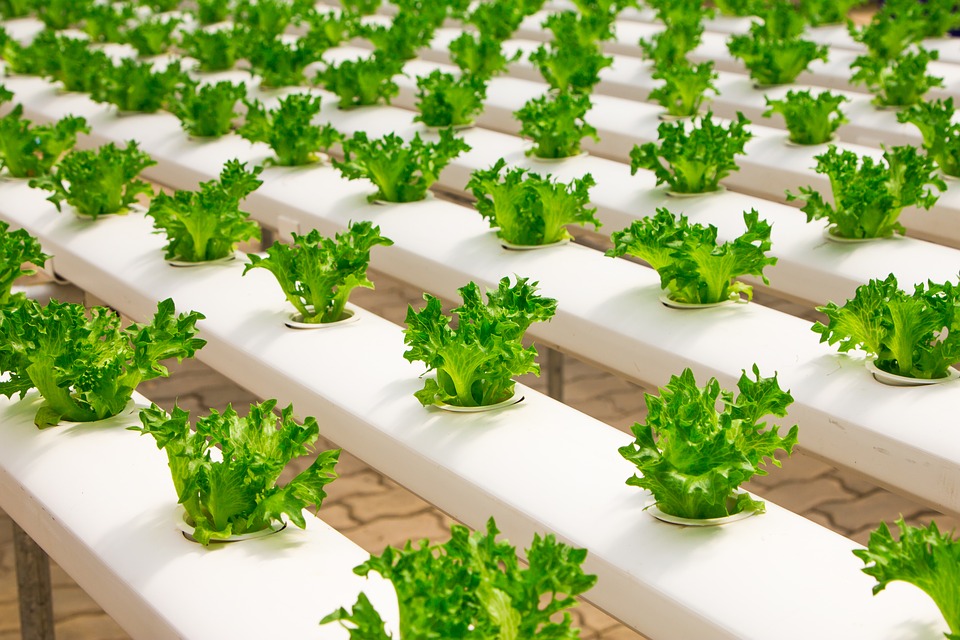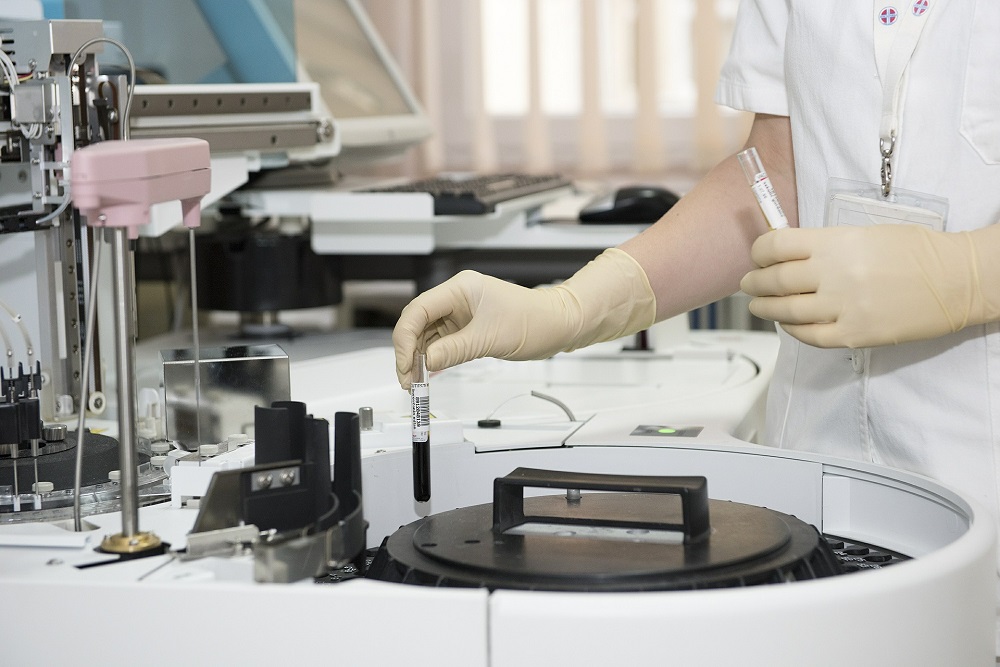The entire food system should be changed as a “biotech awakening” to mitigate soil overexploitation, deforestation, and habitat degradation.
Presently, people utilize almost three-quarters of the globe’s ice-free area and squander a quarter of the food generated.
Consequently, the worldwide food system emits nearly thirty-seven percent (37%) of greenhouse gasses, a frightening scenario.
Food utilization change
Currently, food wastage is a significant problem. Notably, it can be tackled by maximizing the supply chain.
This approach will also boost yields as the land resource will be optimally utilized. In the process, more habitats will be preserved for reforestation.
A prevailing problem is the existence of restricted arable land and a rising population. On the other hand, some trends are deemed positive from a social viewpoint.
For example, the poor progressing into an upper level in booming markets such as China. The challenge derived is that this trend instigates more food demand. A deficit will, therefore, be experienced if the food supply chain is not enhanced.
On the other hand, researchers across the globe are crafting alternative means whereby meat cells will be developed in petri plates.
Also being undertaken is utilizing vats to manage oxygen and temperature content so that a cow’s inner conditions can be replicated.
Tackling food habits changes
The preservation challenge has persisted. Nevertheless, researchers are looking for ideal solutions to tackle this problem.
For example, a clever spray can be instrumental in doubling avocados’ ripening period.
Moreover, technological innovations such as robots will be instrumental in filling labor gaps such as growing vegetables and fruits.
Other advancements such as machine vision will aid in establishing maximal ripeness.
These ideas are perfect solutions for climate change. They should, however, not be undertaken in isolation, but as pieces of the bigger technological network.
For instance, robots picking apples can resolve the labor gap as well as boost the market cover.
Food habits in schools
Food consumption is an issue that is usually in oblivion despite its importance. Presently, people should be educated on how they must change their food consumption methods.
Schools can come in handy in offering unparalleled coordination whereby every person will be empowered to find solutions that fit them.
Moreover, schools can be utilized to reach societies with relevant information. As a result, dispersal programs can be promoted through social media platforms.
For example, in Madagascar, researchers have developed a program where people are expected to consume farmed crickets as compared to bushmeat.
Notably, this concept may not work well in other parts of the world. Schools will be ideal in instigating change as people will come up with solutions based on their preferences and needs among others.
The food system issue is a critical one that has received mixed reactions. For instance, in Italy, a court ruled that schools can disallow food brought from home.
What’s in the future can be resolved now if each country can share research developments, processes, and everything else – to be undertaken NOT in isolation, but as pieces of the bigger technological network.







